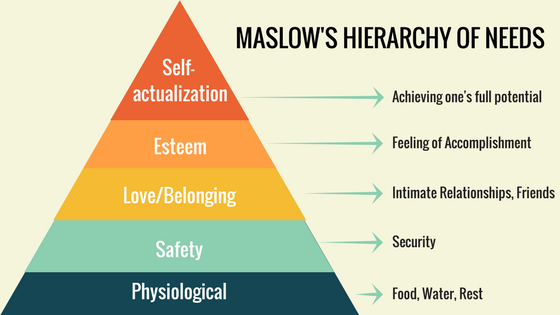The alchemist
VIP
"Japan implemented the 'metabo' law which included the measurement of waist sizes in 2008 in attempt to overcome increasing obesity rates. The New York Timeswrote: "To reach its goals of shrinking the overweight population by 10 percent over the next four years and 25 percent over the next seven years, the government will impose financial penalties on companies and local governments that fail to meet specific targets. The country’s Ministry of Health argues that the campaign will keep the spread of diseases like diabetes and strokes in check." The 'metabo' law involved conducting an annual waist measurement check of people aged between 40 and 75, which was administered by employers and local government. The role of employers and local government was to ensure there was a minimum of 65% participation, with a goal to decrease Japan's obesity rates by 25% by 2015 and failure to meet these goals results in a fine."
It is a way to reduce the increasing demand for medical services because of the growing elderly population. Not enough working people to pay for the healthcare system in the future will eventually create a deficit, and this is a preemptive way to curb it.
It is a way to reduce the increasing demand for medical services because of the growing elderly population. Not enough working people to pay for the healthcare system in the future will eventually create a deficit, and this is a preemptive way to curb it.


 their clothing sizes don’t come in numbers e.g “size:fat”
their clothing sizes don’t come in numbers e.g “size:fat” 

